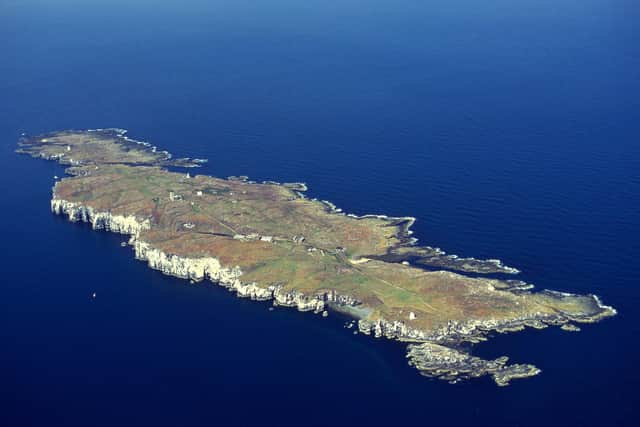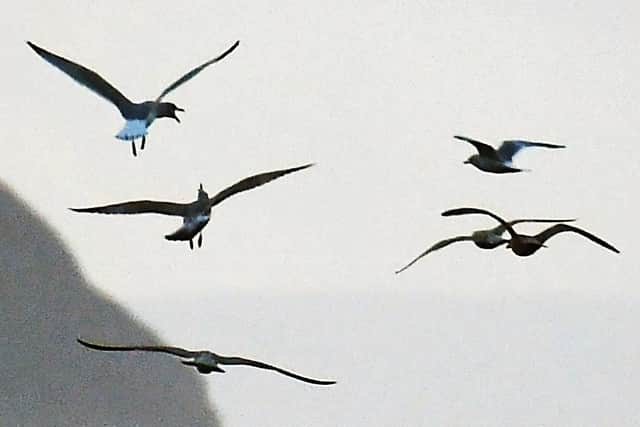Isle of May is off limits to the public due to bird flu
and live on Freeview channel 276
Scotland’s nature agency is also advising visitors not to take direct access on to seabird colonies on other National Nature Reserves.
The measure is the latest in response to growing concern over the spread and impact of the current H5N1 strain of avian flu, particularly in seabird colonies.
Advertisement
Hide AdAdvertisement
Hide AdThe virus is widespread across Scotland, with positive cases recorded in Shetland, Orkney, St Kilda, Lewis and St Abbs. Large numbers of dead and sick seabirds have also been reported from Aberdeenshire, East Lothian and Sutherland, with some washed up on the Fife coast, mainly between Tayport and Kingsbarns.


Great skua and gannets have been hardest hit. Great black-backed gull, Arctic tern, common guillemot and puffin have also tested positive.
The decision to restrict access to the Isle of May, and NatureScot’s other island NNR, Noss, has been taken to limit the spread of the virus through bird populations and give colonies the best possible chance of survival and recovery by reducing any additional stress.
While avian flu has been confirmed in gannets at Noss, there have been no confirmed cases on the Isle of May yet.


Advertisement
Hide AdAdvertisement
Hide AdEileen Stuart, NatureScot’s Deputy Director of Nature & Climate Change, said: “The decision to close these reserves has not been taken lightly, but we are increasingly concerned about the devastating impact avian flu is having in Scotland, particularly on our seabird colonies.
“Our island reserves in particular are a haven for internationally important bird populations. The situation has been rapidly evolving and deteriorating, and we feel at this time that restricting access to these sites, and reducing it at others, is a precautionary but proportionate approach that gives us the best chance of reducing the spread of the virus and its impact.
“Visitors will still be able to enjoy the summer seabird spectacle at both island reserves by taking round-island trips without coming ashore, and at other reserves by viewing from a short distance without crossing through colony areas.”
